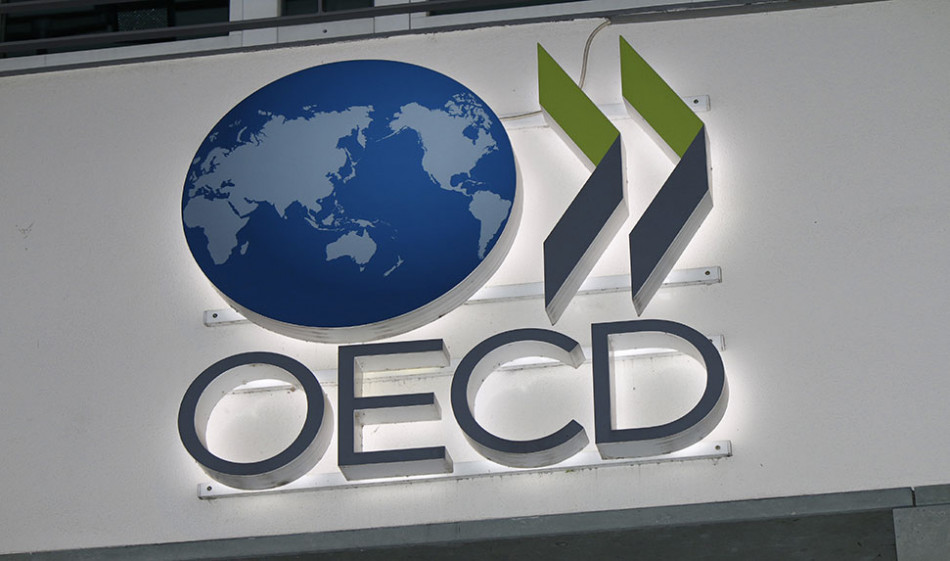Morocco’s economic growth is expected to increase to 3.3% in 2023 and strengthen further to 3.6% in 2024 and 3.8% in 2025, according to the projections of the Organization for Economic Cooperation & Development.
In its latest report on the North African Kingdom, OECD says a rebound in agricultural production and the services sector, particularly in inbound tourism, will support overall economic activity.
The Al Haouz earthquake did not disrupt the major productive activities in the country, adds the inter-governmental organization, noting that inflation will gradually decline over the next two years, benefiting from easing commodity prices and monetary policy tightening.
However, a prolongation of the drought, a slowdown in European demand and commodity price shocks may affect the country’s growth, while the Kingdom’s central bank will continue to ensure that inflation moderates and maintain interest rates at their current level as long as required.
For the OECD experts, the priority structural reforms to boost the country’s growth include stimulating private investment, enhancing women’s labor force participation, and accelerating climate change adaptation measures.
They say that Morocco’s growth has improved this year due to surging domestic consumption, a recovery in agricultural production and the strong performance of services and exports. Transfers to public enterprises and miscellaneous spending have boosted public consumption, and tourism has recovered with the number of arrivals exceeding its pre-pandemic level.
Business confidence is improving with the increase of industrial exports have grown. As Morocco is heavily dependent on imported energy and food products, the moderation of international commodity prices has led to a reduction in energy and food bills, although phosphates exports have been impacted. Exports by the automobile, electronics and textile sectors have performed strongly.
A flexible precautionary credit line of $ 5 billion opened by the IMF was approved in April to offer the country a margin of safety in the event of a severe shock affecting the balance of payments.



